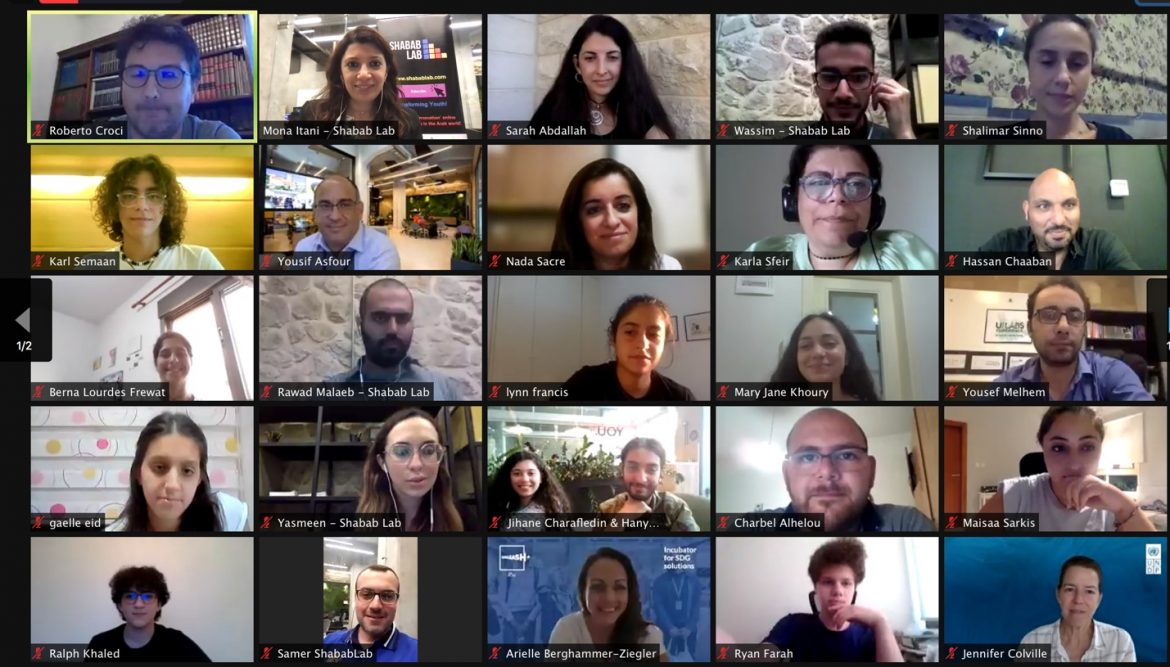E-learning for better job preparedness
by Mona Itani & Yasmeen Kaissi
written by Mona Itani & Yasmeen Kaissi
Yasmeen Kaissi
Yasmeen El Kaissi is the Program Design & Partners Manager at mynditude and a Research Assistant at the American University of Beirut. With extensive experience in program design, market research, and business development, she has previously contributed to Riyada for Social Innovation and Unilever. Yasmeen holds an MSc in Human Resources & Organizational Analysis from King's College London and a Bachelor's degree in Business Administration with a minor in Psychology from AUB.

